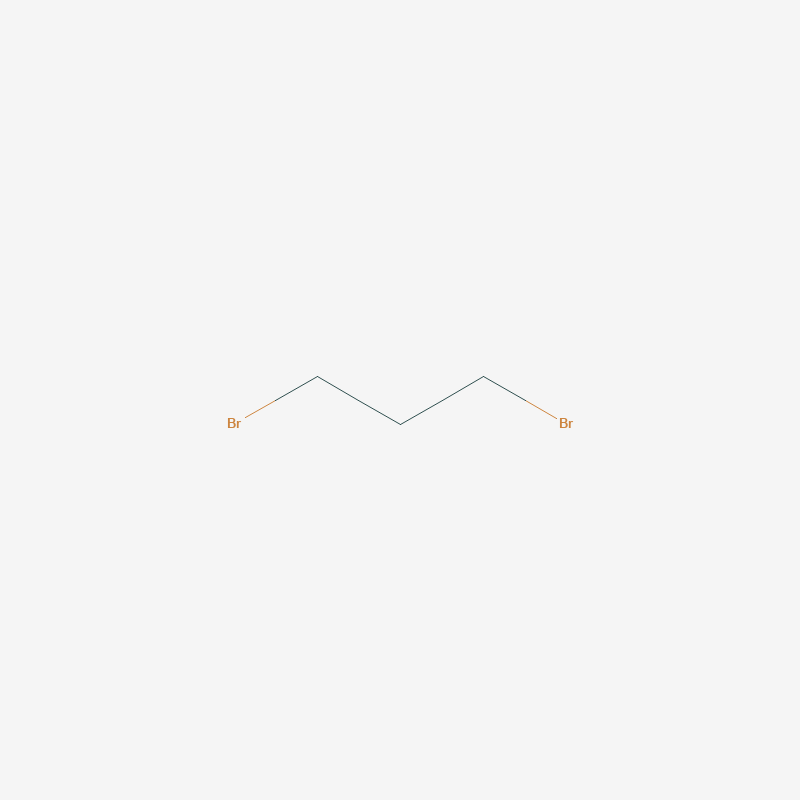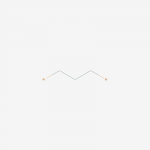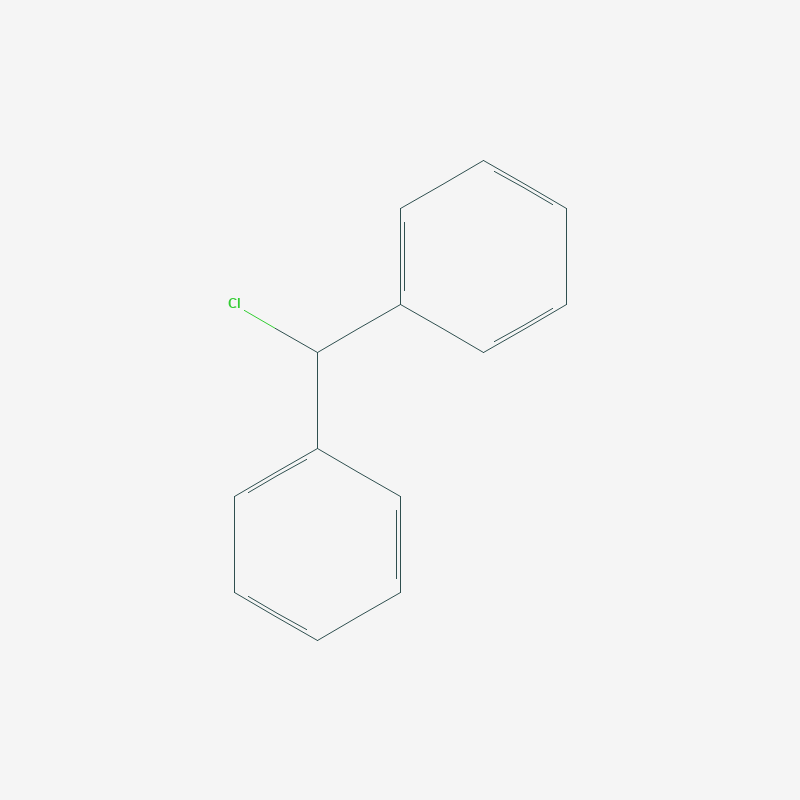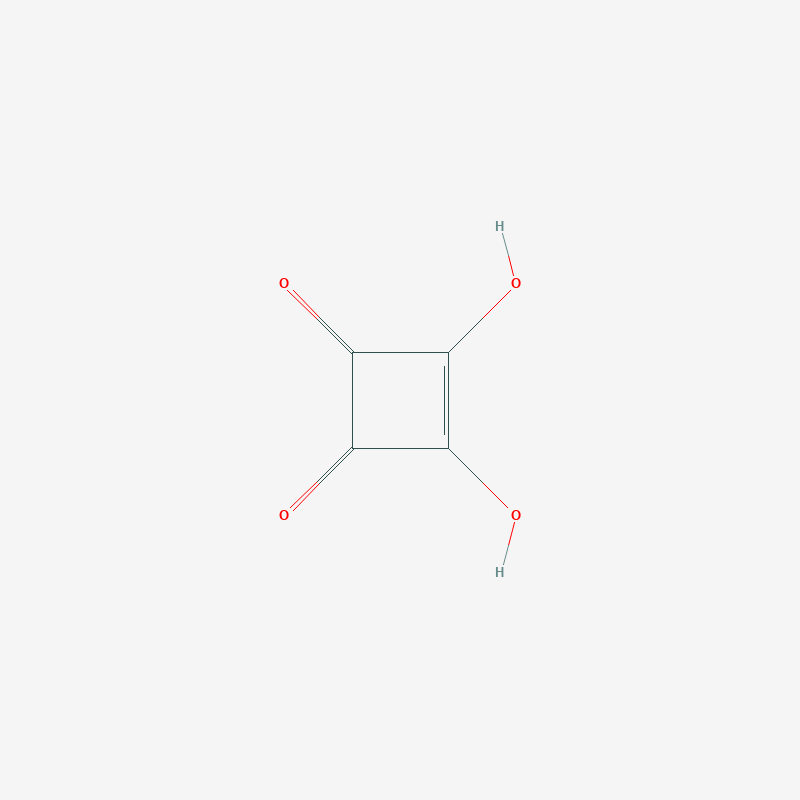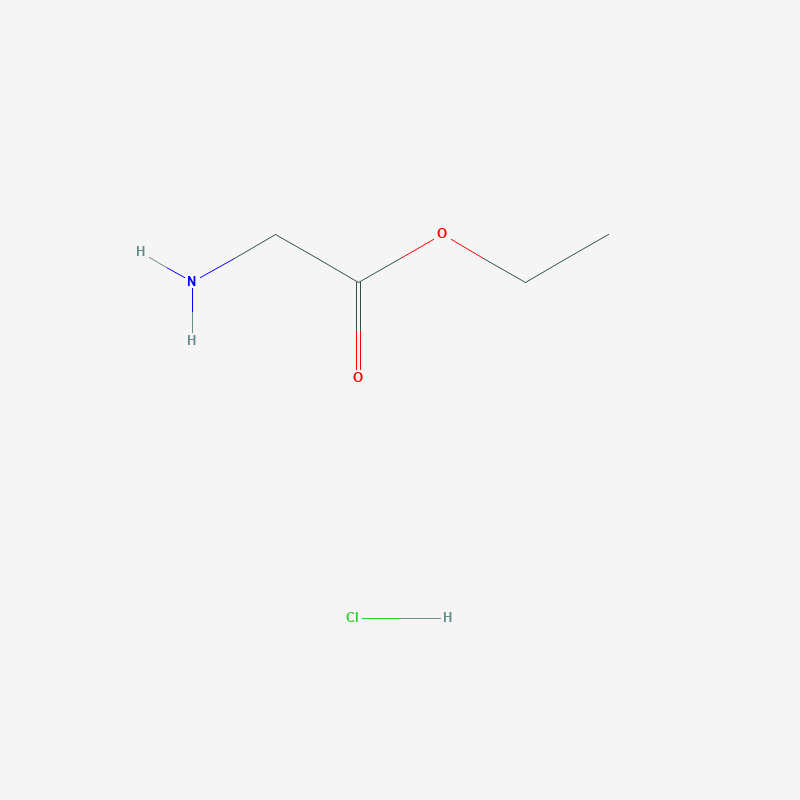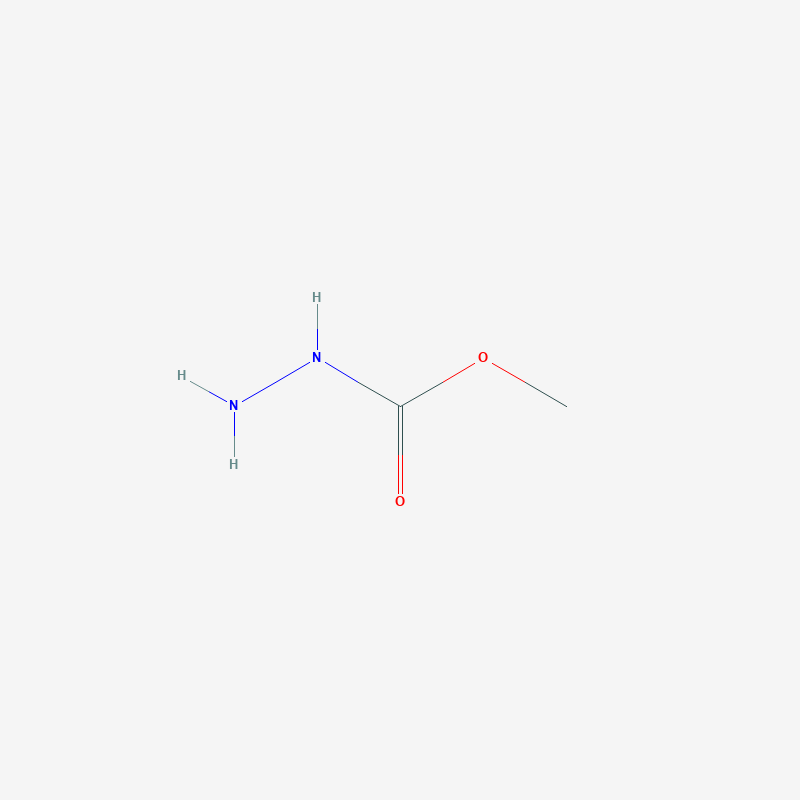| Purity / Analysis Method | >98.0%(GC) |
| Molecular Formula / Molecular Weight | C3H6Br2 = 201.89 |
| Physical State (20 deg.C) | Liquid |
| Store Under Inert Gas | Store under inert gas |
| Condition to Avoid | Air Sensitive |
| CAS RN | 109-64-8 |
| PubChem Substance ID | 87566916 |
| Merck Index (14) | 9713 |
| MDL Number | MFCD00000255 |
1,3-Dibromopropane
Purity : >98.0%(GC)
CAS No.: 109-64-8
EC No.: 203-690-3
EC Name: 1,3-dibromopropane
ECHA Name: 1,3-dibromopropane
Synonyms:
1,3-DIBROMOPROPANE
109-64-8
Trimethylene bromide
Trimethylene dibromide
Propane, 1,3-dibromo-
Enquire For Best Price
For all our chemicals TDS, MSDS and CoA are available upon request
Specification & Properties
Specifications:
| Appearance | Colorless to Light yellow to Light orange clear liquid |
| Purity(GC) | min. 98.0 % |
Properties:
| Boiling Point | 167 deg.C |
| Flash point | 56 deg.C |
| Specific Gravity (20/20) | 1.98 |
| Refractive Index | 1.52 |
| Solubility in water | Insoluble |
| Solubility (soluble in) | Ether,Alcohol |
Safety & Regulations
Safety Information:
| Chemical Safety |
| Signal Word | Danger |
| Hazard Statements | H302 : Harmful if swallowed. H315 : Causes skin irritation. H319 : Causes serious eye irritation. H370 : Causes damage to organs. H373 : May cause damage to organs through prolonged or repeated exposure. H341 : Suspected of causing genetic defects. H411 : Toxic to aquatic life with long lasting effects. H226 : Flammable liquid and vapor. |
| Precautionary Statements | P501 : Dispose of contents/ container to an approved waste disposal plant. P273 : Avoid release to the environment. P260 : Do not breathe dust/ fume/ gas/ mist/ vapors/ spray. P270 : Do not eat, drink or smoke when using this product. P202 : Do not handle until all safety precautions have been read and understood. P240 : Ground/bond container and receiving equipment. P210 : Keep away from heat/sparks/open flames/hot surfaces. No smoking. P233 : Keep container tightly closed. P201 : Obtain special instructions before use. P243 : Take precautionary measures against static discharge. P241 : Use explosion-proof electrical/ ventilating/ lighting/ equipment. P242 : Use only non-sparking tools. P264 : Wash skin thoroughly after handling. P280 : Wear protective gloves/ protective clothing/ eye protection/ face protection. P370 + P378 : In case of fire: Use dry sand, dry chemical or alcohol-resistant foam to extinguish. P391 : Collect spillage. P337 + P313 : If eye irritation persists: Get medical advice/ attention. P305 + P351 + P338 : IF IN EYES: Rinse cautiously with water for several minutes. Remove contact lenses, if present and easy to do. Continue rinsing. P308 + P311 : IF exposed or concerned: Call a POISON CENTER/doctor. P362 + P364 : Take off contaminated clothing and wash it before reuse. P303 + P361 + P353 : IF ON SKIN (or hair): Take off immediately all contaminated clothing. Rinse skin with water/shower. P332 + P313 : If skin irritation occurs: Get medical advice/ attention. P301 + P312 + P330 : IF SWALLOWED: Call a POISON CENTER/doctor if you feel unwell. Rinse mouth. P403 + P235 : Store in a well-ventilated place. Keep cool. P405 : Store locked up. |
Related Laws:
| RTECS# | TX8575000 |
Transport Information:
| UN Number | UN1993 |
| Class | 3 |
| Packing Group | III |
Hazard Classification:
Warning! According to the classification provided by companies to ECHA in REACH registrations this substance is a flammable liquid and vapour, is harmful if swallowed, is harmful to aquatic life, is harmful to aquatic life with long lasting effects and causes skin irritation.
